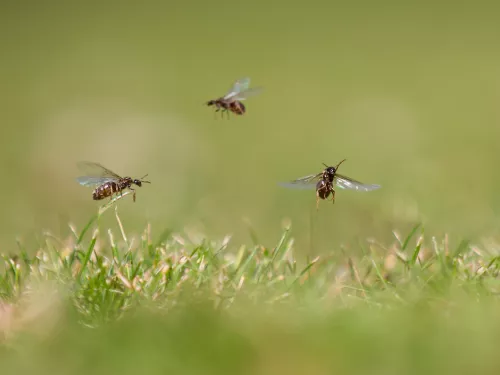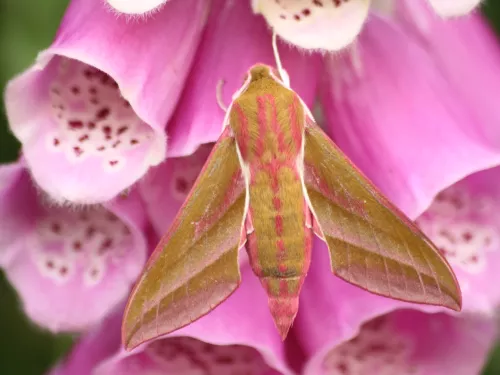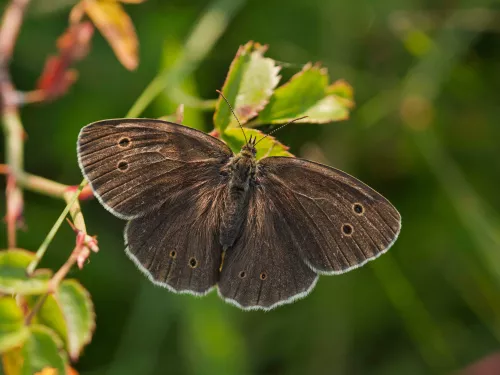
Citizen scientists across the UK buzzed into action for Bugs Matter this summer
The end of summer saw the conclusion of this year’s national insect survey, Bugs Matter, on 30 September.

The end of summer saw the conclusion of this year’s national insect survey, Bugs Matter, on 30 September.
As the summer holidays begin, the Bugs Matter 2024 survey, led by Buglife and Kent Wildlife Trust, is calling on citizen scientists across the UK to participate in this crucial insect population study.
Openreach, the UK’s largest wholesale broadband provider and the owner of the nation’s second largest commercial van fleet, has today announced its involvement in the 2024 “Bugs Matter” survey. The national citizen science study is organised by Buglife, Europe's largest invertebrate conservation charity, and Kent Wildlife Trust, the county’s leading conservation charity to raise awareness of insect conservation.

The troubling falls in insect numbers in Kent has been highlighted once again by the 2023 Bugs Matter citizen science survey published today. The new report reveals that the abundance of flying insects sampled on vehicle number plates has fallen by a staggering 89% since 2004.

Since June, thousands of dedicated citizen scientists have contributed their time and effort to Bugs Matter – a national citizen science survey from Kent Wildlife Trust and Buglife which uses insect splats on number plates as an indicator of insect abundance to better understand how our invertebrate populations are faring.

Conservation charities Kent Wildlife Trust and Buglife have launched the Bugs Matter 2023 Survey, introducing a new virtual ‘splatometer’ to measure insect splats on number plates as a measure of insect abundance. This ground-breaking initiative aims to measure the alarming decline in insect numbers repeatedly reported across the UK and the globe.

Conservationists have described the outlook in Kent as "alarming", with the county's reduction in insect numbers higher than the national average.

The Bugs Matter Citizen Science Survey, led by conservation charities Kent Wildlife Trust and Buglife, found a 64% decline in insect numbers sampled on vehicle number plates between 2004 and 2022 across the UK, highlighting the urgent need for more, large-scale research on insects, and action to reverse declines in their abundance.